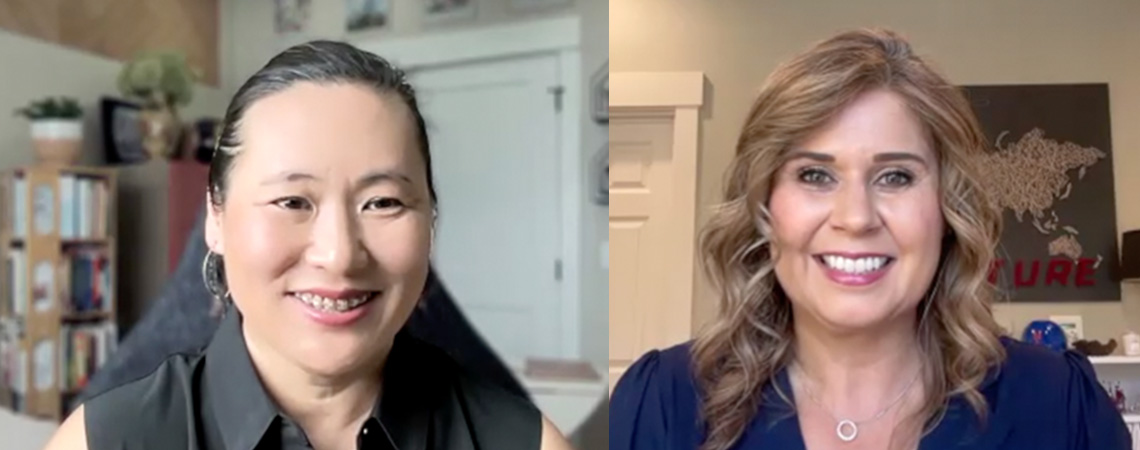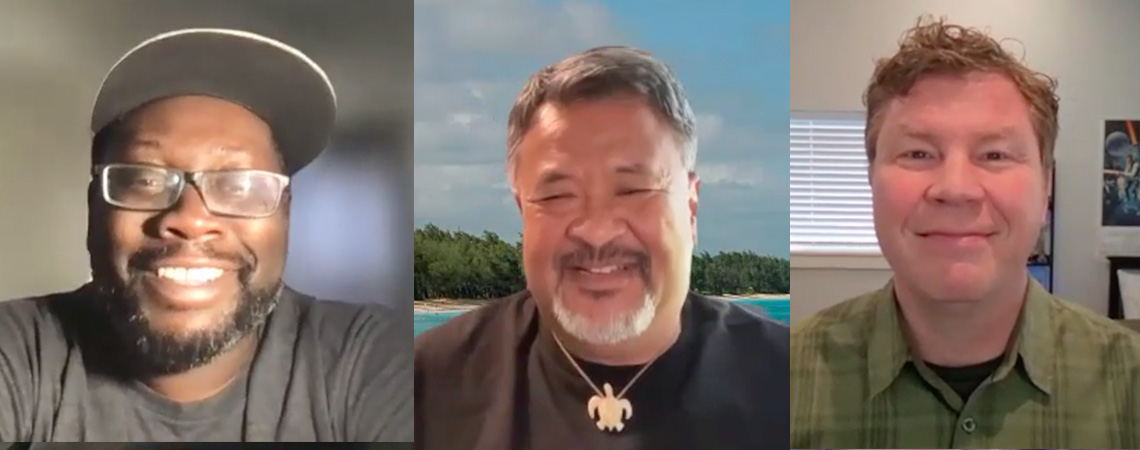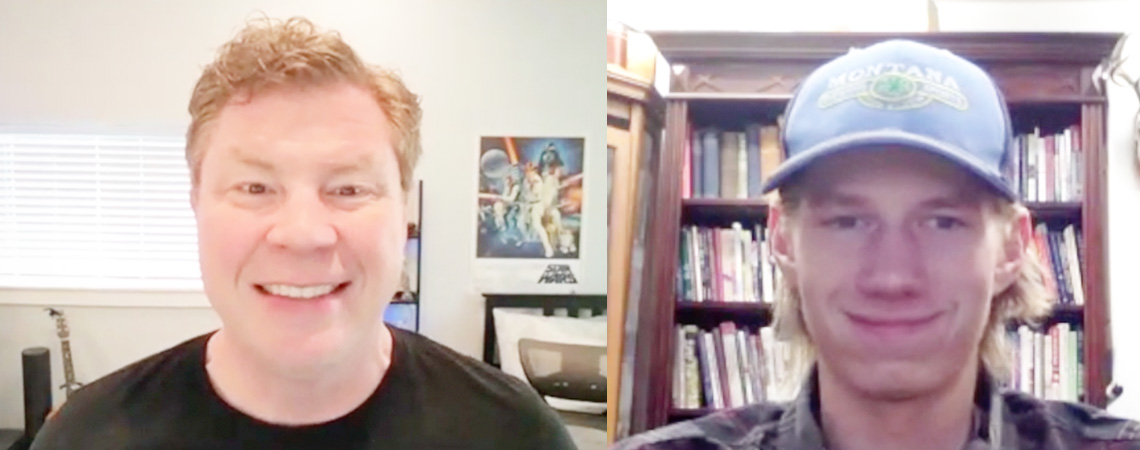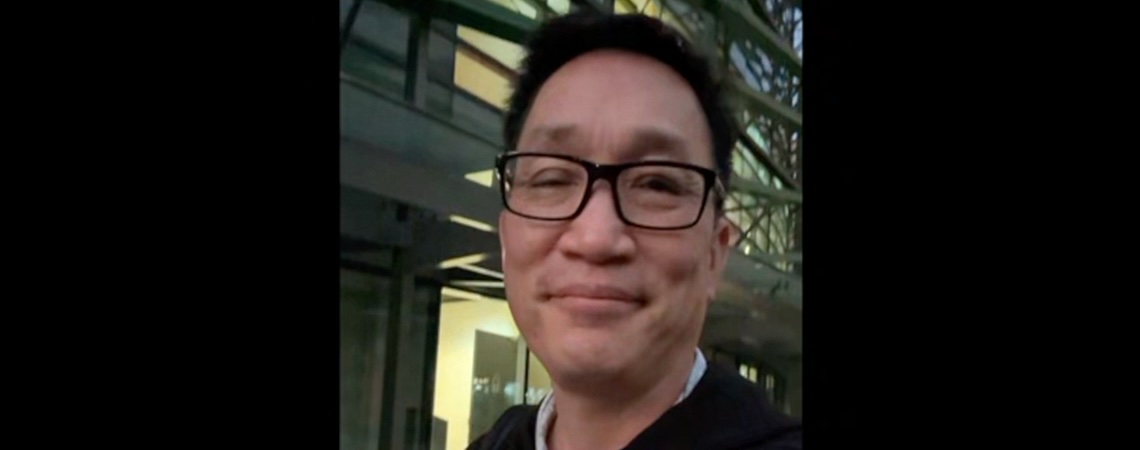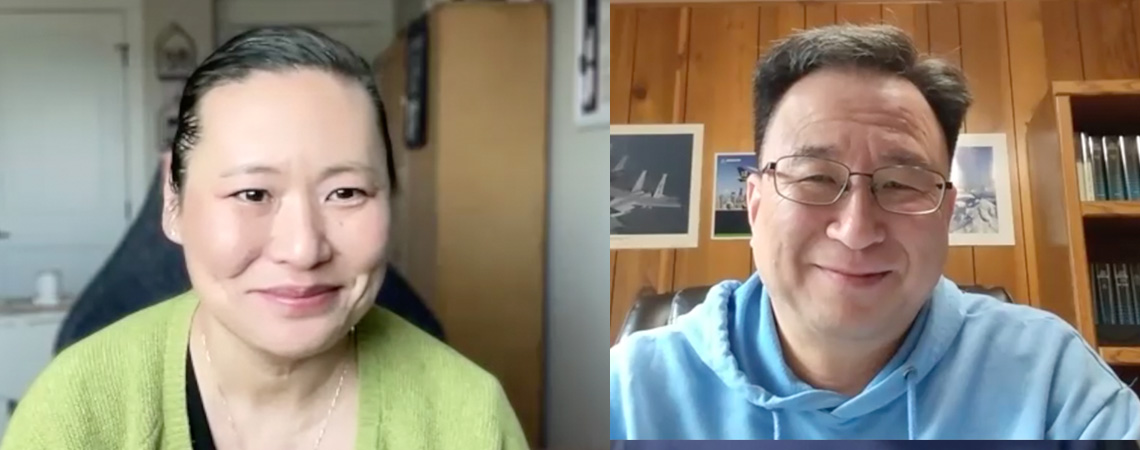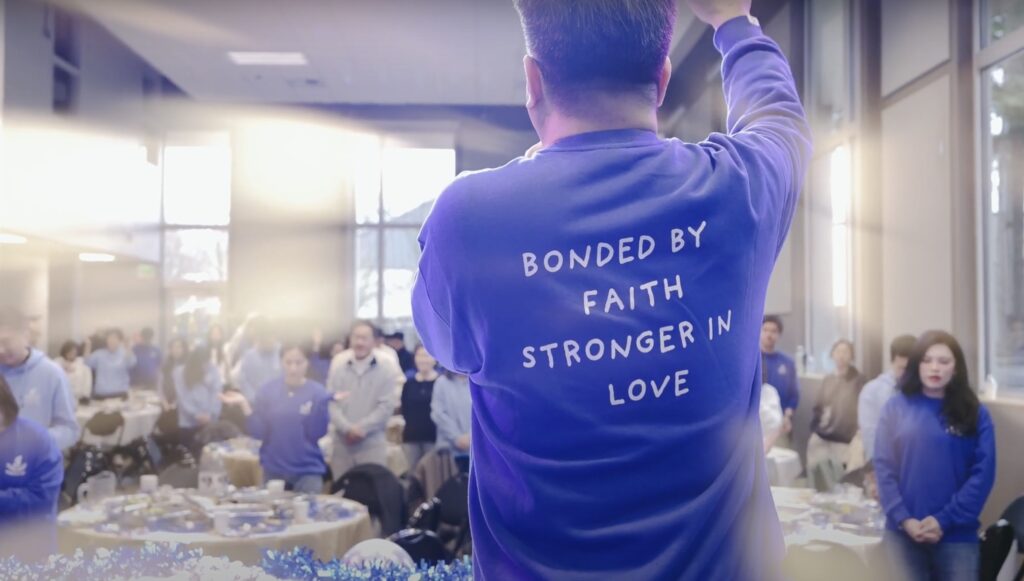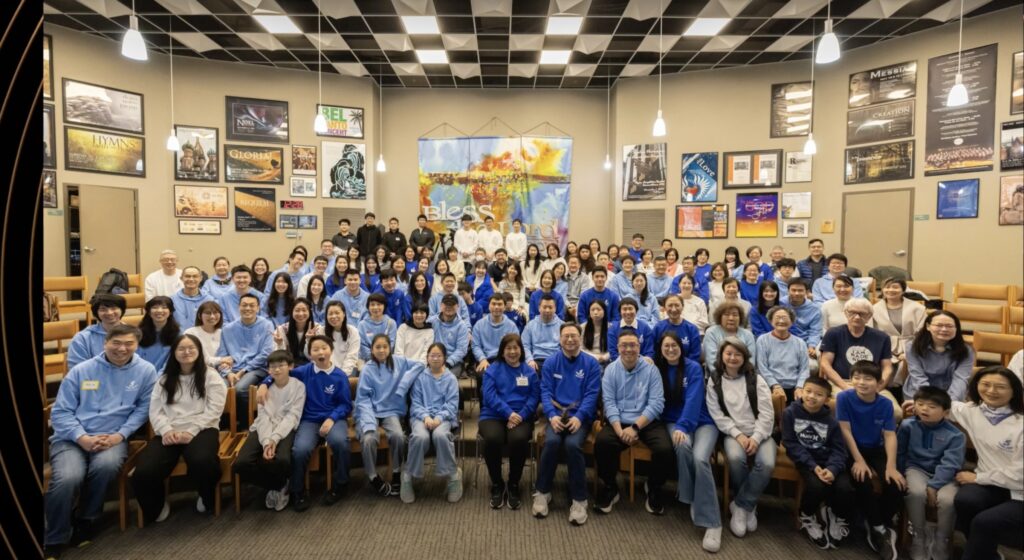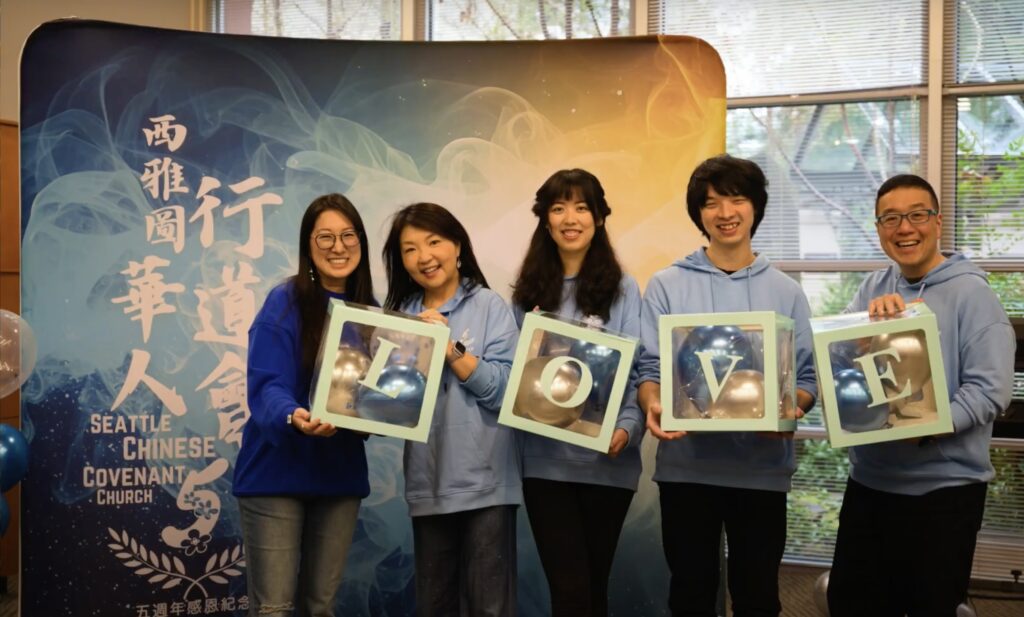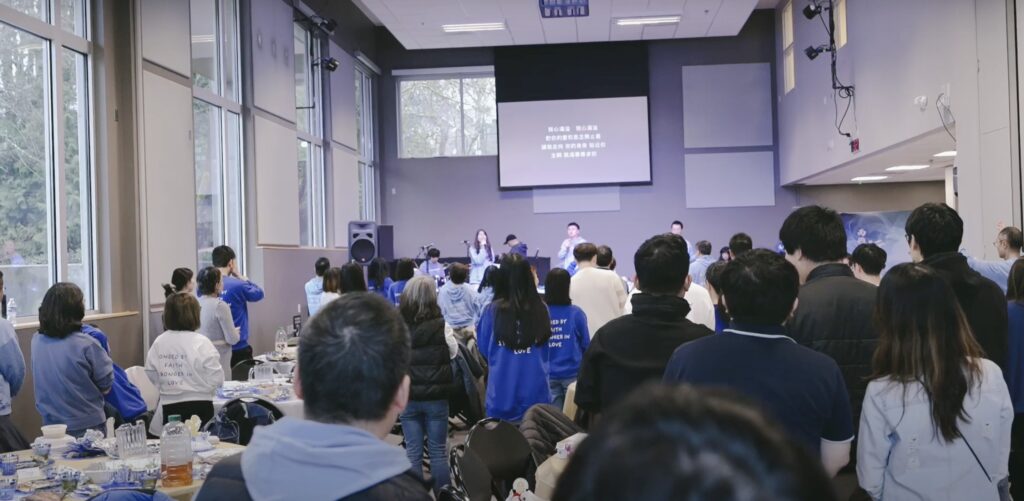By Greg Yee, Superintendent, PacNWC
Superintendent Greg Yee shares a 2-minute video reflecting on Spring and Summer around the conference and introduces a written article about his meeting with Neurotheologian Jim Wilder. Watch and read on to celebrate God at work, learn more about Dr. Wilder’s books, and hear Greg’s call to discipleship focused on relational transformation.
Jim Wilder is a neurotheologian, author, and educator known for his pioneering work at the intersection of brain science and discipleship. He integrates psychology, neuroscience and theology to help people grow in deeper in Christ.
The Council of Superintendents invited Jim and his associate to join us at our retreat last month. As we dove into an intensive multi-day training, it reminded me of the contributions Pete Scazzero makes in resourcing us with his Emotionally Healthy Spirituality/Leader/Church materials. Jim’s work delves further.
Dr. Wilder masterfully offers brain science as a clear apologetic for us being image bearers of God. As we followed the work and design of amygdala to the prefrontal cortex, I re-confessed my belief in our Great Designer-Creator who, in making us, desired us to be connected to him and to each other.
There is an authenticity that rang true for me as I engaged the science. Isaac Newton said, “In the absence of any other proof, the thumb alone would convince me of God’s existence.”
Man, looking at the brain blows me away! Creator! I worship you!
So how does this connect to discipleship? In a time of rapid change and widespread disconnection, the call to discipleship feels more urgent than ever. And yet, for many believers, “discipleship” has become a word associated more with curriculum than with transformation. Wilder’s work challenges that model.
Jim says that the brain is wired for attachment. Before logic, doctrine, or discipline, the brain first asks, “Who am I connected to?” This means that spiritual formation is not primarily a matter of willpower, but of attachment—first to Jesus, and then to our community of faith. Simply put, we become like the people we are most bonded to.
This is why discipleship must be relational before it is informational. Programs and preaching are vital—but without attachment, they remain external. Our people will hit a ceiling in their maturity. Transformation requires a relational ecosystem: churches where we are known and loved, where we suffer and rejoice together, where joy is returned and where rupture is repaired.
Summer offers us unique opportunities—but also unique temptations. Are we choosing connectedness, or drifting toward comfort and self-indulgence? Is our church culture one that promotes deeper attachments? Are we growing people who stay relational when life gets hard? Are we helping our people attach more deeply to Jesus—and to each other? In a divided and distracted world, this kind of discipleship is radical. It’s slow. It’s messy. But it’s the only kind that lasts.
Friends, this is not extra credit. In an age of isolation, distraction, and spiritual fatigue, forming attachment-based discipleship communities is our frontline mission. Jesus does not form disciples with content alone—He forms them through presence, pain, and proximity. So must we.
Let’s stay attached this summer—fiercely, joyfully, faithfully—to Jesus and to one another.
I have given them the glory that you gave me, that they may be one as we are one— I in them and you in me—so that they may be brought to complete unity. Then the world will know that you sent me and have loved them even as you have loved me. John 17:22-23 (NIV)






